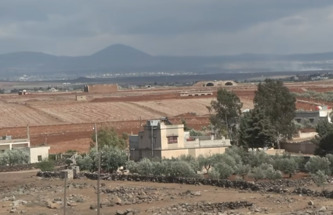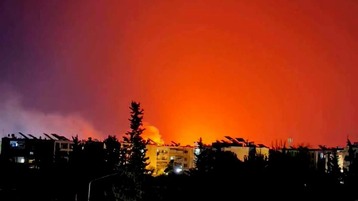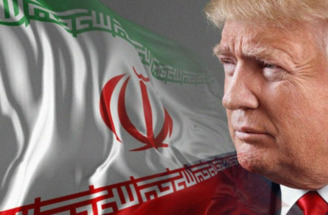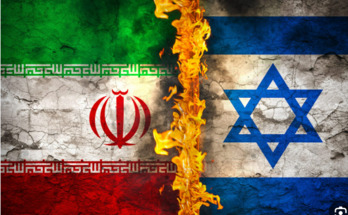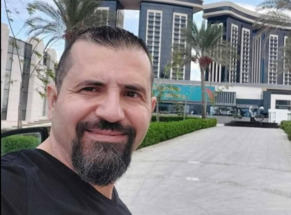-
Canada votes as Trudeau, clouded by scandals, tries to hold power
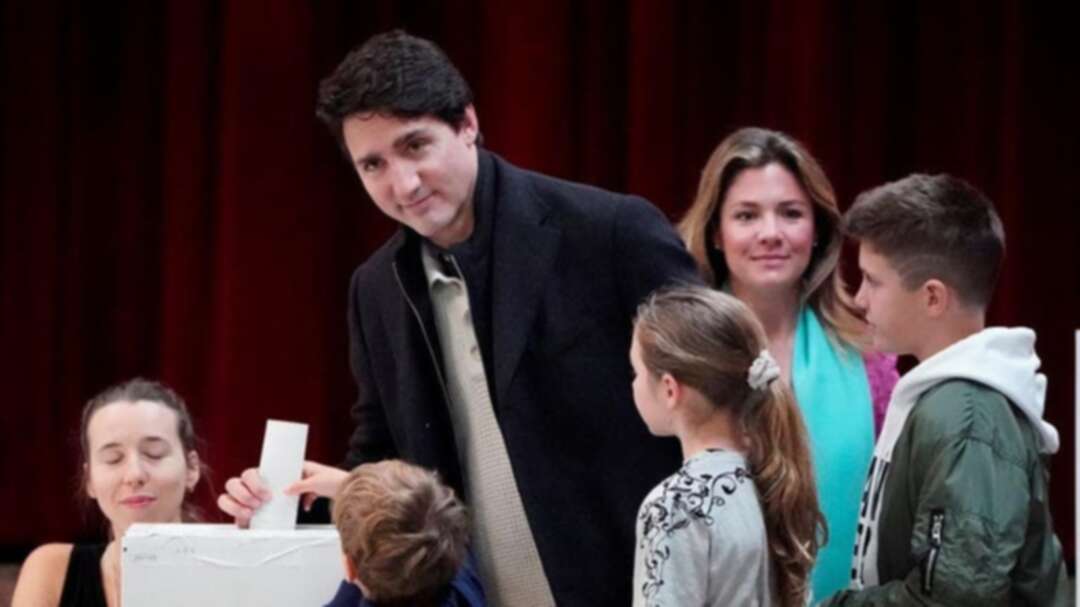
Canadians were voting on Monday to determine whether Prime Minister Justin Trudeau, who swept into office four years ago as a charismatic figure promising “sunny ways,” will remain in power after two major scandals.
The first polls in what is considered a neck-and-neck race between Trudeau’s Liberals and the main opposition Conservatives led by Andrew Scheer were set to close shortly in the province of Newfoundland and Labrador, with voting ending in the Pacific Coast province of British Columbia at 7 p.m. (0200 GMT on Tuesday)
Trudeau, 47, the Liberal Party leader, was endorsed by former US President Barack Obama in the final stretch of the campaign and is viewed as one of the last remaining progressive leaders among the world’s major democracies.
But he was shaken during the campaign by a blackface scandal and has been dogged by criticism of his handling of a corruption case involving a major Canadian construction company. Trudeau, the son of the late Liberal Prime Minister Pierre Trudeau, has also had to overcome a sense of fatigue with his government.
Trudeau, accompanied by his family, voted in Montreal on Monday after a marathon sprint campaigning across the country in the past four days.
On Twitter, he repeatedly urged people to get out and vote. Voter turnout is crucial for the Liberals, who privately fear low engagement will affect them more than the Conservatives.
“The truth is it’s a coin toss right now,” Ipsos pollster Darrell Bricker said.
A year ago, no one would have predicted that Trudeau risked becoming the first prime minister since the 1930s to secure a parliamentary majority and then fail to win a second term.
The latest opinion polls suggest he may narrowly avert that result and could win a minority in the 338-seat House of Commons. That would still leave him in a weakened position and needing the support of left-leaning opposition parties to push through key pieces of legislation.
“(A minority government) would force people to talk to each other, which is what we need,” said Naomi Higgins, a 25-year-old voter in Toronto who supported the Liberals four years ago but switched to the Greens in this election. “We need to ... start doing what’s best for everyone instead of what makes one party or the other look best.”
Liberal campaign strategists say four members of Trudeau’s Cabinet could lose their parliamentary seats, including Public Safety Minister Ralph Goodale, a veteran member of parliament who is seen as one of the government’s heavyweights.
Goodale, 70, is the only Liberal member of parliament from the western province of Saskatchewan, where anger at Trudeau is mounting over federal environmental policies that the energy industry says will harm output.
The oil industry’s top lobbying group has blamed Trudeau’s policies for throttling investment in the sector, and some global energy companies have shed assets in the oil sands region of Alberta, the country’s main oil-producing province.
Canada’s economy, however, has been on a general upswing in 2019. The Canadian dollar has been the best-performing G10 currency this year, rising more than 4 percent against its US counterpart, as the economy added jobs at a robust pace and inflation stayed closed to the Bank of Canada’s 2 percent target.
source:Reuters
Tags
You May Also Like
Popular Posts
Caricature
BENEFIT Sponsors BuildHer...
- April 23, 2025
BENEFIT, the Kingdom’s innovator and leading company in Fintech and electronic financial transactions service, has sponsored the BuildHer CityHack 2025 Hackathon, a two-day event spearheaded by the College of Engineering and Technology at the Royal University for Women (RUW).
Aimed at secondary school students, the event brought together a distinguished group of academic professionals and technology experts to mentor and inspire young participants.
More than 100 high school students from across the Kingdom of Bahrain took part in the hackathon, which featured an intensive programme of training workshops and hands-on sessions. These activities were tailored to enhance participants’ critical thinking, collaborative problem-solving, and team-building capabilities, while also encouraging the development of practical and sustainable solutions to contemporary challenges using modern technological tools.
BENEFIT’s Chief Executive Mr. Abdulwahed AlJanahi, commented: “Our support for this educational hackathon reflects our long-term strategic vision to nurture the talents of emerging national youth and empower the next generation of accomplished female leaders in technology. By fostering creativity and innovation, we aim to contribute meaningfully to Bahrain’s comprehensive development goals and align with the aspirations outlined in the Kingdom’s Vision 2030—an ambition in which BENEFIT plays a central role.”
Professor Riyadh Yousif Hamzah, President of the Royal University for Women, commented: “This initiative reflects our commitment to advancing women in STEM fields. We're cultivating a generation of creative, solution-driven female leaders who will drive national development. Our partnership with BENEFIT exemplifies the powerful synergy between academia and private sector in supporting educational innovation.”
Hanan Abdulla Hasan, Senior Manager, PR & Communication at BENEFIT, said: “We are honoured to collaborate with RUW in supporting this remarkable technology-focused event. It highlights our commitment to social responsibility, and our ongoing efforts to enhance the digital and innovation capabilities of young Bahraini women and foster their ability to harness technological tools in the service of a smarter, more sustainable future.”
For his part, Dr. Humam ElAgha, Acting Dean of the College of Engineering and Technology at the University, said: “BuildHer CityHack 2025 embodies our hands-on approach to education. By tackling real-world problems through creative thinking and sustainable solutions, we're preparing women to thrive in the knowledge economy – a cornerstone of the University's vision.”
opinion
Report
ads
Newsletter
Subscribe to our mailing list to get the new updates!

